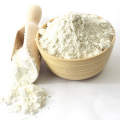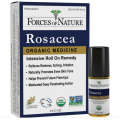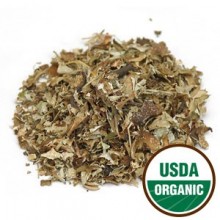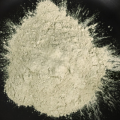 Loading... Please wait...
Loading... Please wait...- Home
- About Us
- Shipping, Returns & FAQ's
- Contact Us
-
For Your Information
- Canadian Customers Have a Choice if Shipping Via UPS
- Aura Cacia Homemade Aromatherapy Recipes
- Bella Nella Altered Art & Paper Crafts Blog
- Forms of Herbal Preparations
- Laundry Tips To Conserve Energy Blog from The Laundress
- The Story of Frontier Natural Products Co-Op
- Sovereign Silver Hydrosol and Aloe Protocol Stops Downward Spiral of Gut Dysbiosis
- Disclaimers
- Recommended Links
- RSS/Recent News
- The Story of Typhoon Housewares
- Reviews/Testimonials
- Raw Ingredients for Mfg
Icelandic Moss Organic Bulk
Product Description
 Icelandic Moss is a natural herb which has traditionally been found in Iceland and across Scandinavia and used as a source of both food and medicine by people in Iceland, Finland, Norway, Russia, and Sweden for hundreds of years. In more recent times, it is increasingly revered as a natural herb treatment for the many medicinal uses it is reported to have.
Icelandic Moss is a natural herb which has traditionally been found in Iceland and across Scandinavia and used as a source of both food and medicine by people in Iceland, Finland, Norway, Russia, and Sweden for hundreds of years. In more recent times, it is increasingly revered as a natural herb treatment for the many medicinal uses it is reported to have.
The plant Cetraia islandica or Icelandic Moss is comprised of large amounts of starch called lichenin. It is this substance which some believe allows the moss to act as a soothing agent. The Cetraia islandica herb has traditionally been used for its calming qualities. Additionally, organic Icelandic Moss holds some nutritive qualities.
Iceland moss is used for treating irritation of the mouth and throat, loss of appetite, common cold, dry cough, bronchitis, indigestion, fevers, lung disease, kidney and bladder complaints, and the tendency toward infection.
Some people apply Iceland moss directly to poorly healing wounds.
In foods, Iceland moss is used as an emergency food source in Iceland.
In manufacturing, Iceland moss is used as a flavoring in alcoholic beverages.
Iceland moss seems to have a soothing action. It might also reduce the growth of bacteria.
Despite its name, Iceland Moss isn’t a moss at all but a fungus and an algae. They grow together forming a scaly growth.
The growth appears in clean air only, and this algae will not survive close to cities. It grows very slowly, and prefers colder climates.
Botanical Name: Cetraia islandica
aka: Centraria, Eryngo-leaved Liverwort, Iceland Lichen, Lichen d’Islande, Lichen Islandicus, Liquen de Islandia, Mousse d'Islande, Musgo de Islandia.
Origin: Croatia
Notes: Kosher Certified. Non-irradiated. Non-GMO.
Specifications are subject to change without notice.
References
webmd
You Recently Viewed...
Currency Converter
Choose a currency below to display product prices in the selected currency.



























